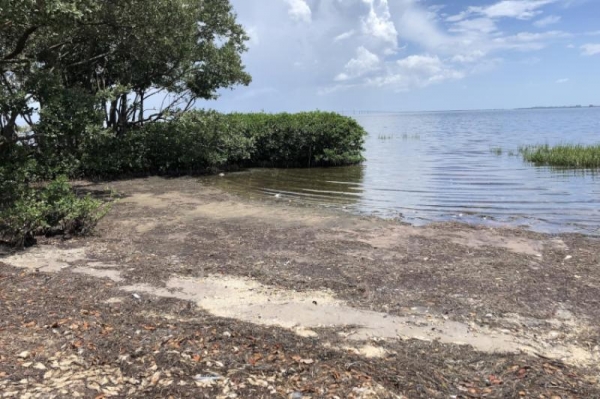Scientists have been studying red tides, or harmful algal blooms, on the west coast of Florida. They have now been able to connect these events with low- or no-oxygen conditions, called hypoxia.
In a recent study published in the journal Harmful Algae, scientists found that when red tides began in early summer and continued into the fall, hypoxic conditions were more likely to also occur. Researchers on the paper were from NOAA and the University of Miami Rosenstiel School’s Cooperative Institute for Marine and Atmospheric Studies.
While red tide is a seasonal phenomenon, some years it is worse than others and sometimes hypoxia also occurs. Since oxygen is vital for marine life, these combined red tide-hypoxia events can be devastating to marine ecosystems by causing mass die offs of marine life.
Continue reading at NOAA Fisheries
Image via NOAA Fisheries


